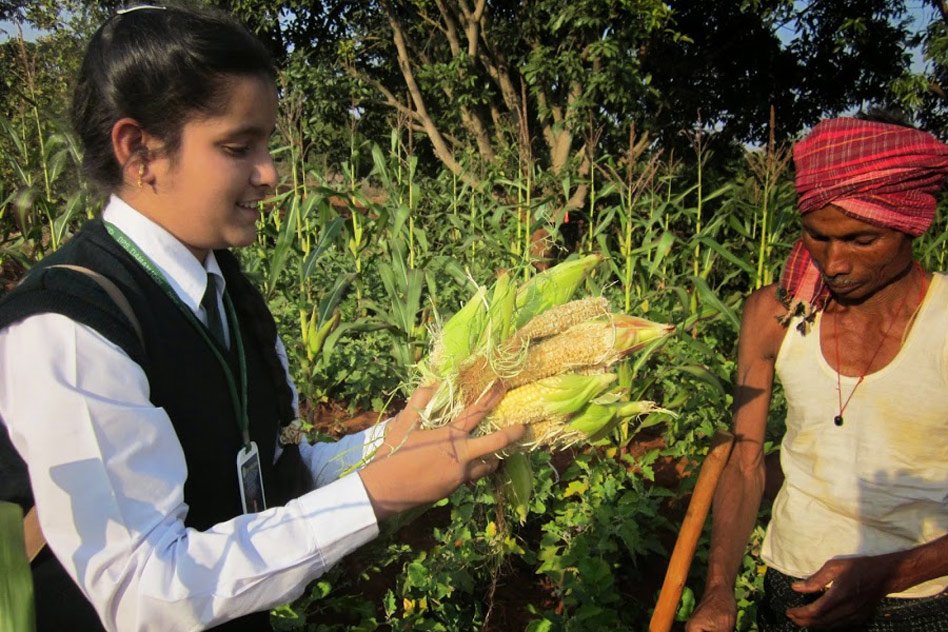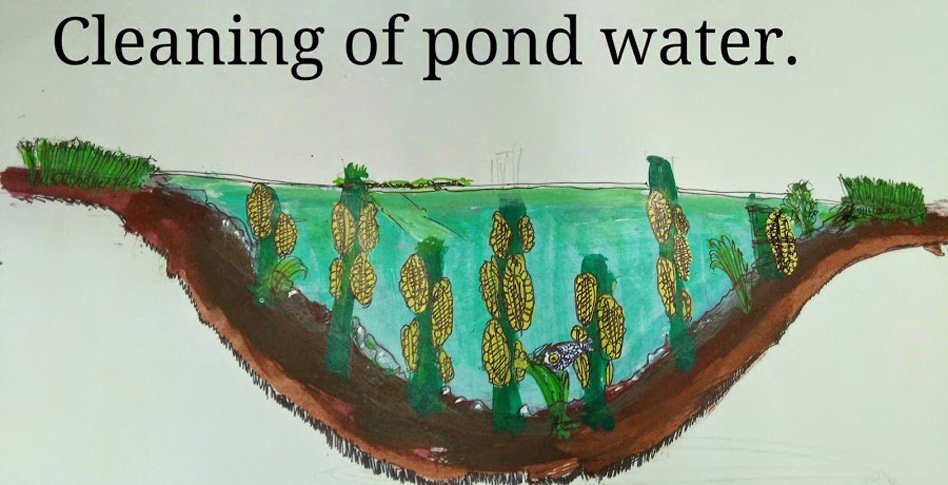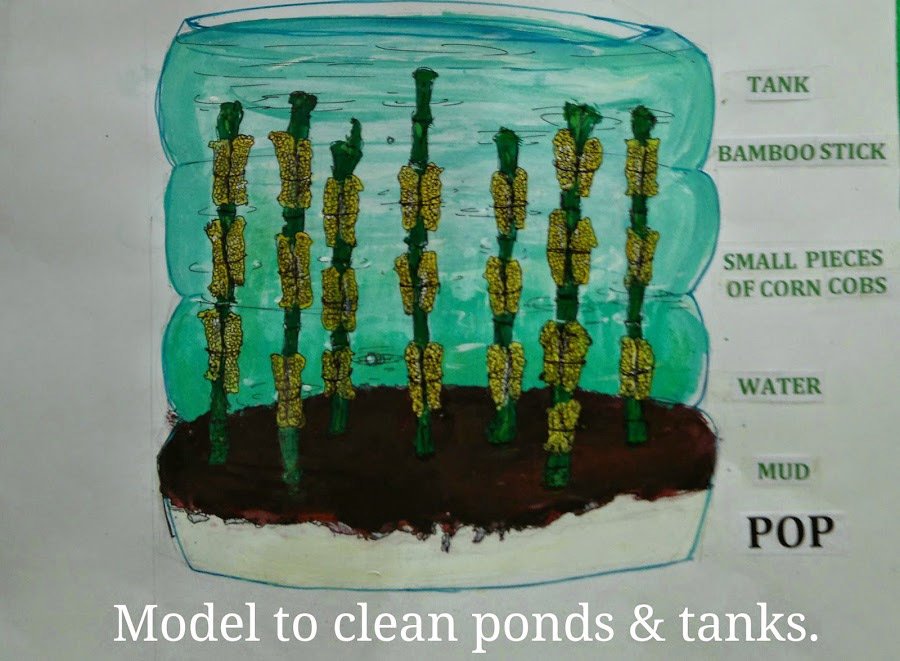Source: googlesciencefair
Lalita Prasida Sripada Srisai, a 13-year-old student of class 9th in DPS Damanjodi in Koraput district of Odisha, has made India proud by winning the ‘Community Impact Award’ at the prestigious Google Science Fair in California on Tuesday. Winning the award in the 13-15 years age group, she received 10, 000 USD as the prize money. She is also set to be supported by Google for a year to build her project.
Lalita developed a low cost bio-absorbent based water purifier. It functions mainly on waste corn cobs. The Corn cob is the least utilized part of the maize plant. It is a very important agricultural waste. Having high mechanical strength, rigidity and porosity, corn cob is a suitable absorbent. This enables contaminants like oxides of salts, detergent, suspended particles, coloured dyes, oil and grease to be absorbed in the surface of the corn cobs. Some of the heavy metals are also absorbed.
“If the drain pipe of the household is connected to a chamber having different layers of corn cobs in partition layers or to an S-trap pipe having corn cobs, it will separate about more than 70-80 % of contaminants including suspended particles from the waste water,” says the report published about her project on the Google Science Fair website.

This cheap and eco-friendly way of purifying water will open up a new market for corn corbs which are otherwise discarded as bio-waste.
To conduct the experiment, Lalita had collected the cobs from a nearby farm and sun dried them for a month. To make a hole at the centre of one cob, the pith was removed. In it 50 ml of domestic effluent collected from a kitchen drain pipe was poured. This was allowed to pass through the hole. Thereafter, the collected filtrate was tested for purity. This was the pilot stage.
After its successful completion, water with several added chemical impurities was through five bottles, each containing a different layer for purification. The layers had long pieces of corn cobs, small pieces of corn cobs, powdered corn cobs, activated charcoal made from corn cobs and fine sand.
The charcoal layer was observed to absorb most of the coloured substances present in the water, while the chaff layers of both long and small pieces of corn cobs absorbed the suspended particles. The powdered corn cob layer absorbed the gasoline waste.



Lalita’s teacher, Pallabi Mahapatro, claims that the technique can be used for immobilizing the contaminants in domestic and industrial effluents, and in ponds, reservoirs and water tanks.
For the time being, Lalita’s peers and staff at her school have been celebrating this grand victory while many are congratulating her on social media.
The Principal of DPS Damanjodi, Trinath Prasad Padhi, reveals that Lalita is also very proficient in co-curricular activities like song and dance. She is set to receive a grand welcome on her return to school through a major function.
Meanwhile, The Logical Indian community congratulates her and wishes her all the best for the next stage of building the project in the coming year!











